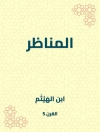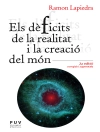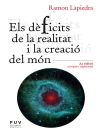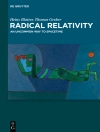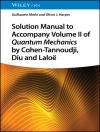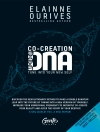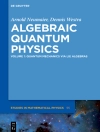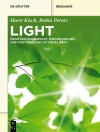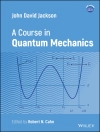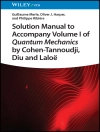This book presents a multidisciplinary guide to gauge theory and gravity, with chapters by the world’s leading theoretical physicists, mathematicians, historians and philosophers of science. The contributions from theoretical physics explore e.g. the consistency of the unification of gravitation and quantum theory, the underpinnings of experimental tests of gauge theory and its role in shedding light on the relationship between mathematics and physics. In turn, historians and philosophers of science assess the impact of Weyl’s view on the philosophy of science.
Graduate students, lecturers and researchers in the fields of history of science, theoretical physics and philosophy of science will benefit from this book by learning about the role played by Weyl’s Raum-Zeit-Materie in shaping several modern research fields, and by gaining insights into the future prospects of gauge theory in both theoretical and experimental physics. Furthermore, the book facilitates interdisciplinary exchange and conceptual innovation in tackling fundamental questions about our deepest theories of physics.
Chapter “Weyl’s Raum-Zeit-Materie and the Philosophy of Science” is available open access under a Creative Commons Attribution 4.0 International License via link.springer.com
Innehållsförteckning
Silvia Bianchi and Claus Kiefer Introduction.- J eremy Butterfield and Sebastian de Haro On Gauge, Symmetry and Duality.- Gabriel Catren On Gauge Symmetries, Indiscernibilities, and Groupoid-Theoretical Identities .- Laura Covi Gauge fields in cosmology.- Silvia De Bianchi Weyl’s Raum-Zeit-Materie and the Philosophy of Science.- Dennis Dieks Hermann Weyl, Philosophy and Gauge.- Friedrich Hehl The conserved energy-momentum current of matter as the basis for the gauge theory of gravitation.- Claus Kiefer Space, Time, Matter in Quantum Gravity.- Thomas Ryckman Hermann Weyl: symbolic construction from the purely infinitesimal & gauge invariance.- Carlo Rovelli Gauge is not mathematical redundancy.- Erhard Scholz Gauging the spacetime metric — looking back and forth a century later.- Thomas Schücker The gauge theoretical underpinnings of general relativity.- Christian Steinwachs Higgs field in cosmology.- Norbert Straumann Hermann Weyl’s Space-Time Geometry and the Origin of Gauge Theory 100 Years ago.- Gerard ’t Hooft Past and Future of Gauge Theory.- Francesca Vidotto Loop Quantum Gravity: a general-covariant lattice gauge theory.- Christof Wetterich Scale symmetry in Quantum Gravity and cosmology.
Om författaren
Silvia De Bianchi is Ramón y Cajal Fellow at the Autonomous University of Barcelona, Spain. Her research interests cover epistemological questions emerging in Hermann Weyl’s scientific and philosophical works. She is interested in developing methodologies that integrate the history and philosophy of science and in exploring how models work in scientific practice. Currently, she is leading the ERC St G project PROTEUS ’Paradoxes and Metaphors of Time in Early Universe(s)’.
Claus Kiefer is Professor of theoretical physics at the University of Cologne. He does research on quantum gravity and the foundations of quantum theory as well as black holes and more general cosmological questions. In 2009, his essay, ’Does Time Exist in Quantum Gravity?’, was awarded second prize by the Foundational Questions Institute, New York. In 2012, his essay, ’Can Effects of Quantum Gravity Be Observed in the Cosmic Microwave Background?’ (written together with Manuel Krämer), was awarded first prize by the Gravity Research Foundation, Wellesley Hills, USA.


